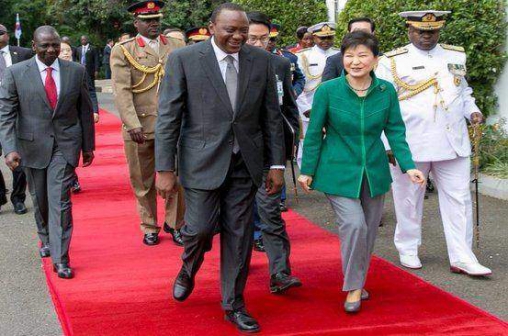President Uhuru Kenyatta was right to describe the South Korean economic growth since independence in 1963 as an example that demonstrates what a country can achieve in one generation provided it has a visionary leadership.

The hope is that South Korean President Park Geun-hye’s three day visit earlier this week re-ignited the vision of Kenyan leadership that seems to have been side-tracked by the cacophony of political noises swirling around it.